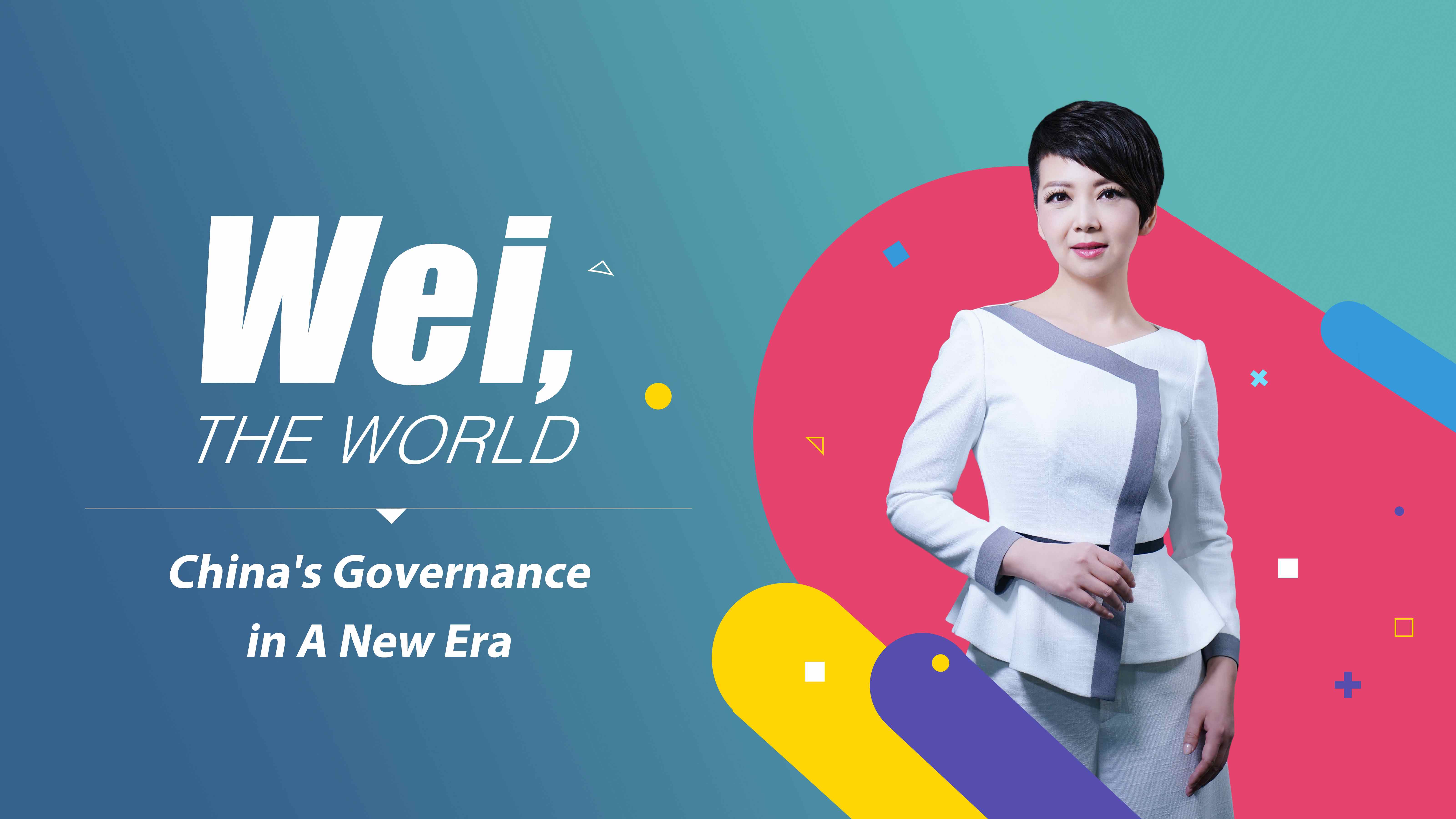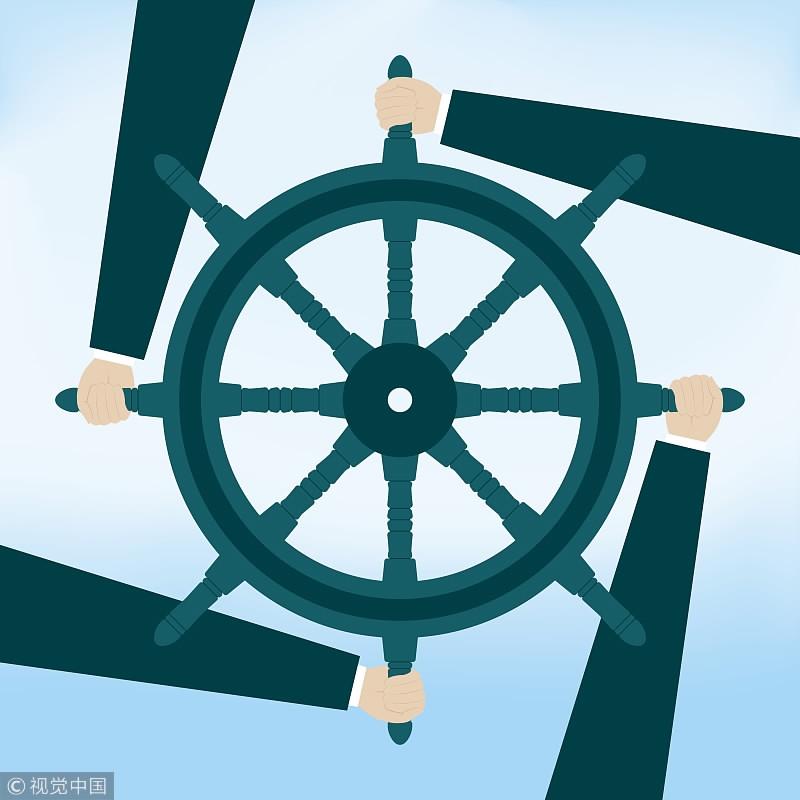
Opinions
23:14, 20-Mar-2018
Wei, the World: China's governance in a new era
CGTN's Tian Wei

"Running a big country is like cooking a small meal." That is a quote from Tao Te Ching, an ancient classic Chinese credited to the ancient Chinese sage Laozi. But the logic is the same; responsibilities are much bigger, as we are talking about the lives of 1.4 billion people. And that is what the Chinese government has committed to do.
There are some important elements already. After years of hard work, the anti-corruption drive has achieved some impressive results and it’s visible everywhere. Just to give you a small example, there are slogans shown in the most visible places in the lobby of hotels where NPC deputies and CPPCC members stay during the Two Sessions. They are reminding everyone to be self-disciplined. More importantly, the institutional building has been set up, crystallized by the establishment of the National Supervision Commission, to root out corruption both within the Chinese Communist Party and at all levels of the government.
China’s contribution is not only its work from within, but also beyond borders, it has been the growth engine of the world economy for quite some time, yet the question is if the Chinese economy itself has run into problems of its own. It is too export-oriented and lacks quality growth. The supply-side structural reform has been identified to be key in meeting the rising demands of the Chinese people to have a better life. But where are the entry points for the important work to be done?

/VCG Photo
/VCG Photo
Well, it is the well-known "three battles," namely to deal with environmental pollution, extreme poverty as well as the risks of the financial sector. But the question is how? Institutional reform plan has mapped it out. For example, combining the Banking Regulatory Commission and the Insurance Regulatory Commission, to deal with the newly emerged risks throughout the financial sector. Another example, the establishment of the Ministry of Ecological Environment, to put all environmental protection work under one umbrella. For instance, water pollution. It used to be that different agencies under different ministries handled work related to groundwater, water management, and rural water pollution. But now, with all those functions under one roof, it could serve as a new momentum to make things work.
After all, efficiency is crucial for governance. All the examples mentioned above, as well as the reduction of ministerial entities according to the latest institutional reform plan, is designed to do the job.
Knowing the pain points, designing the plan with clear reflections is always the most important step taken for good governance. It seems that China and the Chinese Communist Party have been pondering upon that question regularly over the past five years. Now, with a clear plan, it already has its work cut out for it.
(Tian Wei is a former Washington correspondent; now host of "World Insight with Tian Wei," moderating daily live global debates and doing exclusive interviews with the world's most outstanding people from all walks of life. She has been named a Young Global Leader by the World Economic Forum, and is passionate about public service: National Ambassador for Mental Health Advocacy, Special Advisor to the UNDP.)

SITEMAP
Copyright © 2018 CGTN. Beijing ICP prepared NO.16065310-3
Copyright © 2018 CGTN. Beijing ICP prepared NO.16065310-3